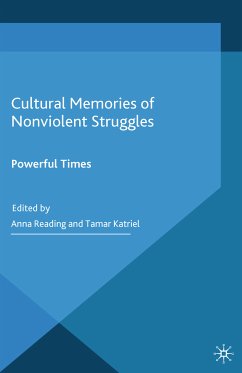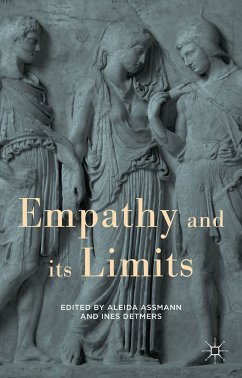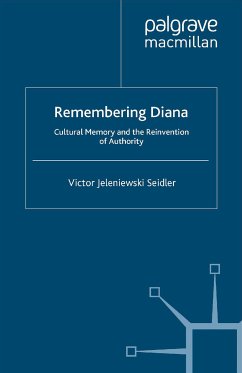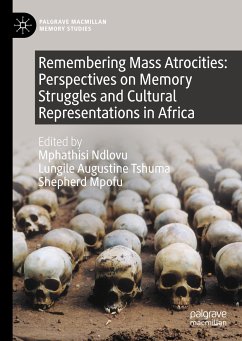
Cultural Memories of Nonviolent Struggles (eBook, PDF)
Powerful Times
Redaktion: Reading, A.; Katriel, T.
Versandkostenfrei!
Sofort per Download lieferbar
40,95 €
inkl. MwSt.
Weitere Ausgaben:

PAYBACK Punkte
20 °P sammeln!
If societies have only memories of war, of cruelty, of violence, then why are we called humankind? This book marks a new trajectory in Memory Studies by examining cultural memories of nonviolent struggles from ten countries. The book reminds us of the enduring cultural scripts for human agency, solidarity, resilience and human kindness.
Dieser Download kann aus rechtlichen Gründen nur mit Rechnungsadresse in A, B, BG, CY, CZ, D, DK, EW, E, FIN, F, GR, HR, H, IRL, I, LT, L, LR, M, NL, PL, P, R, S, SLO, SK ausgeliefert werden.












